The house finch and mocker that were in the flight last week have been released. The mocker is an infrequent beggar; the finch shows up more often. The blue jay who was released last week is a demanding little beggar who’s quite aware he’s gorgeous!
Folks, if you KNOW there’s a nest near your porch, carport, dog pen—whatever—monitor it, even from a distance, and make sure YOUR actions or lack thereof don’t doom fledglings to death before they have a chance at life. It’s not that difficult: keep your dog or cat inside or confined somewhere away from the nest. Make sure there are no flystrips or other potentially deadly traps that poorly flighted new fledges can hit. Close up chemical containers and clean up any spills—thoroughly. Turn off any outside ceiling or other fans unless you’re outside using them. It ain’t rocket science, people; it’s just plain common sense and caring about your native wildlife.
Two additional mockers came in after a hawk raided their nest and they jumped to safety. Luckily, they were close to fledging so when their rescuer, who had witnessed the attack and subsequent escape, found them, they were unharmed.
Birds hatch with sterile guts; they get the proper gut flora from their parents’ saliva as they feed them insects and such. While rehabbers do use probiotics to mimic the parents’ gut flora, what we use is a sort of broad spectrum stuff. It works well for older hatchlings on up in age; it’s hit and miss with babies this young, who really need their parents’ gut flora to get them started.
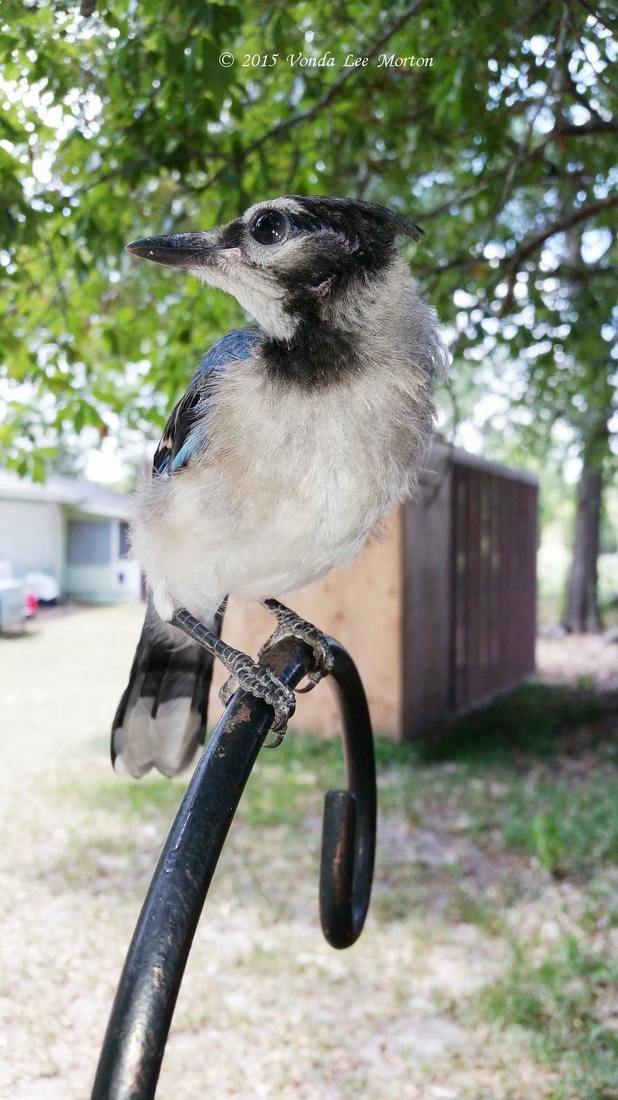
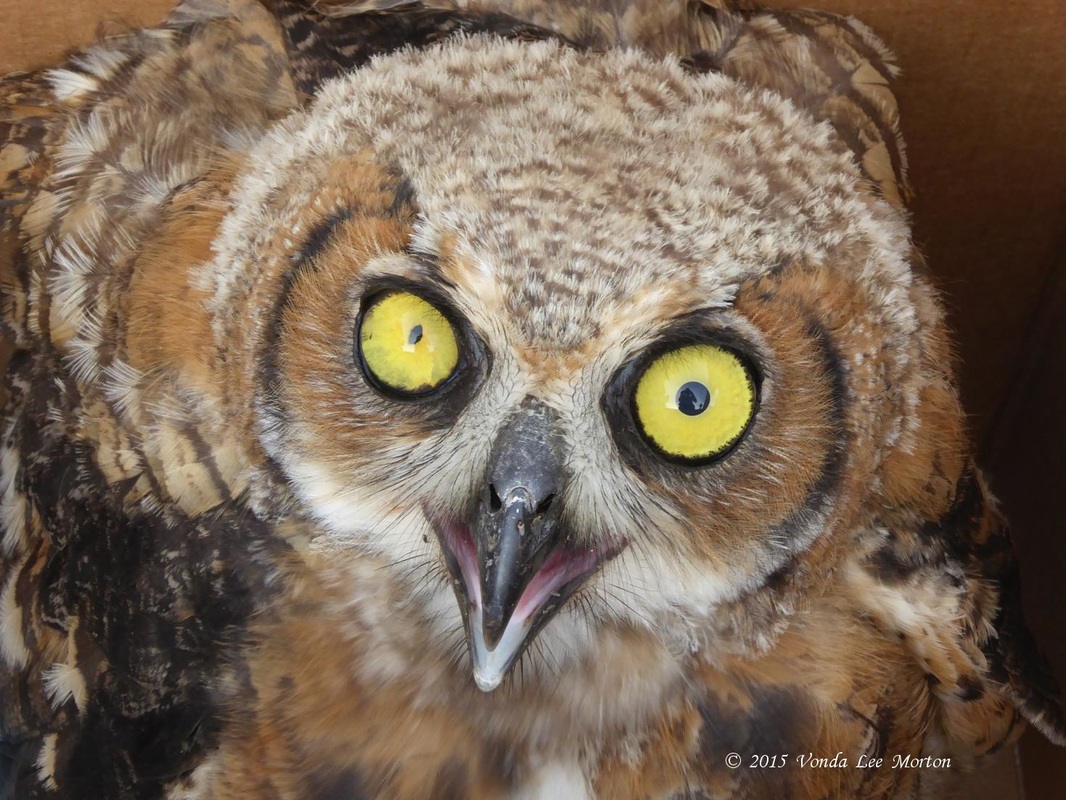
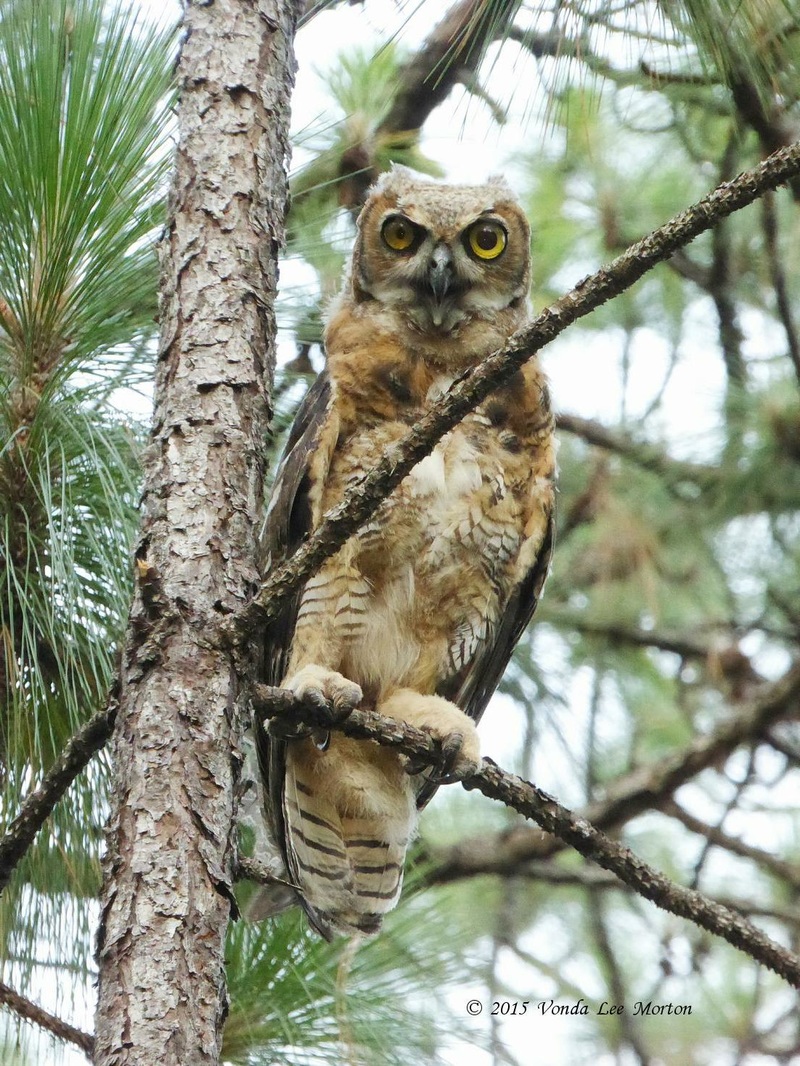
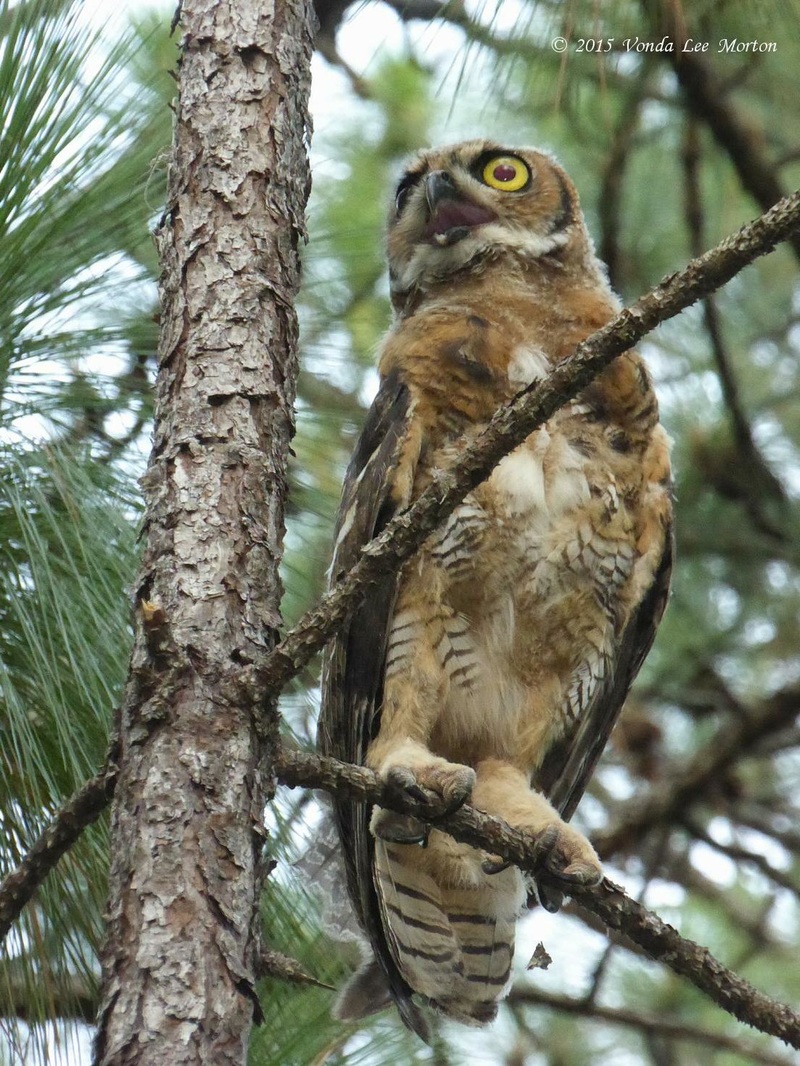
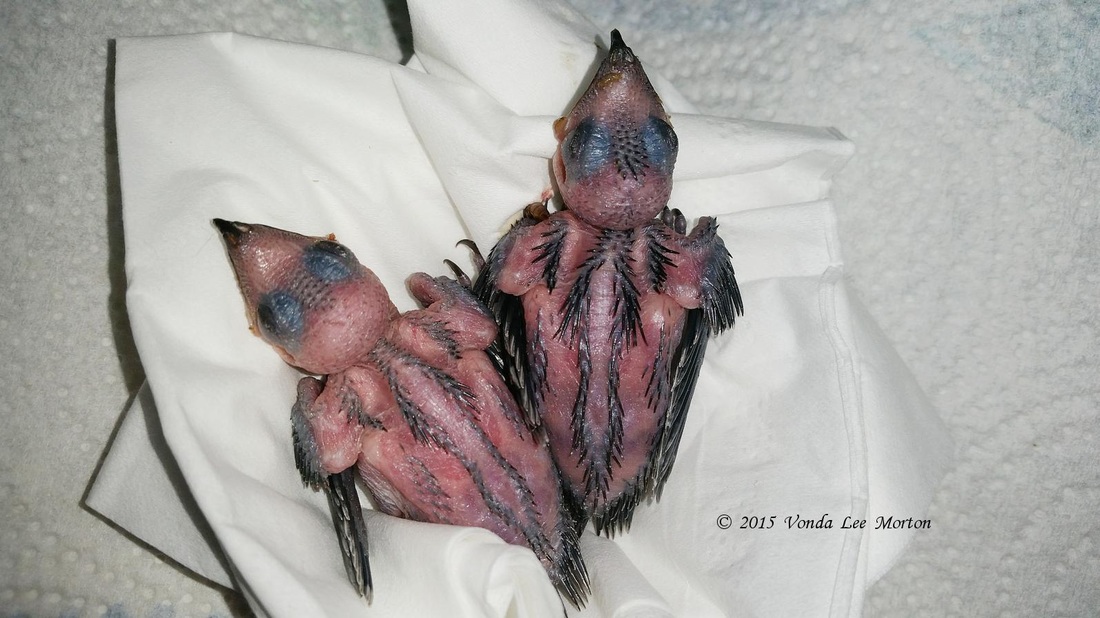
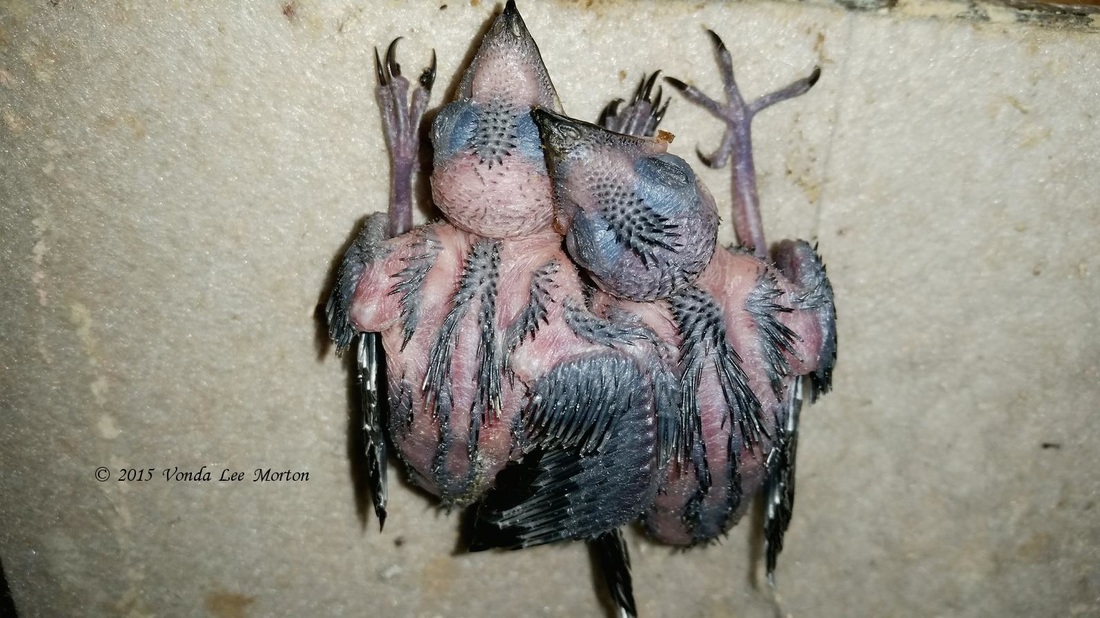
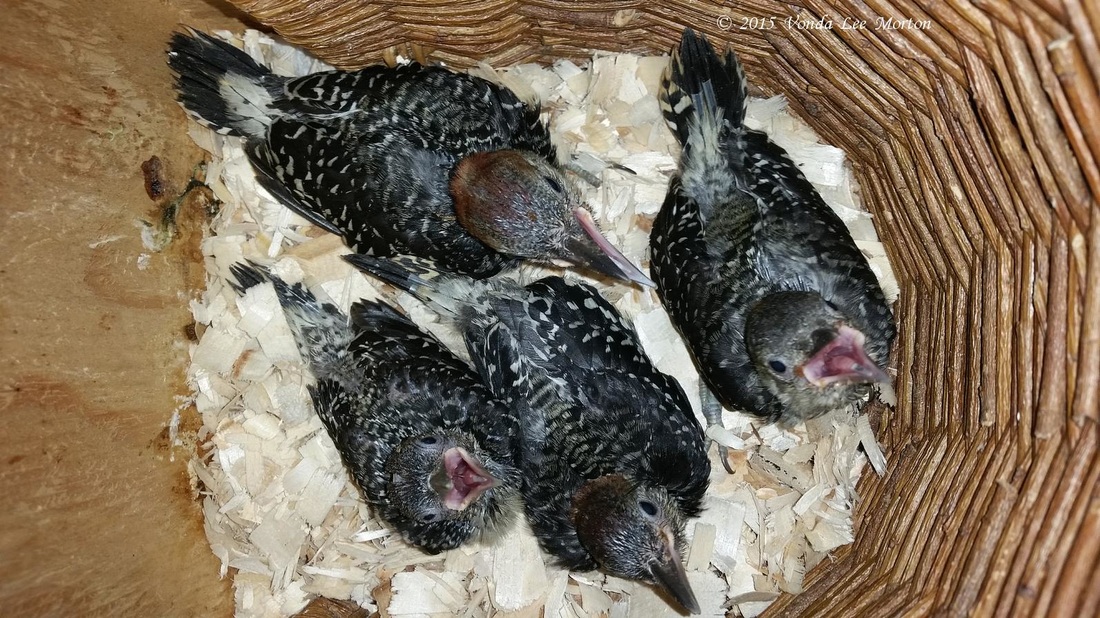
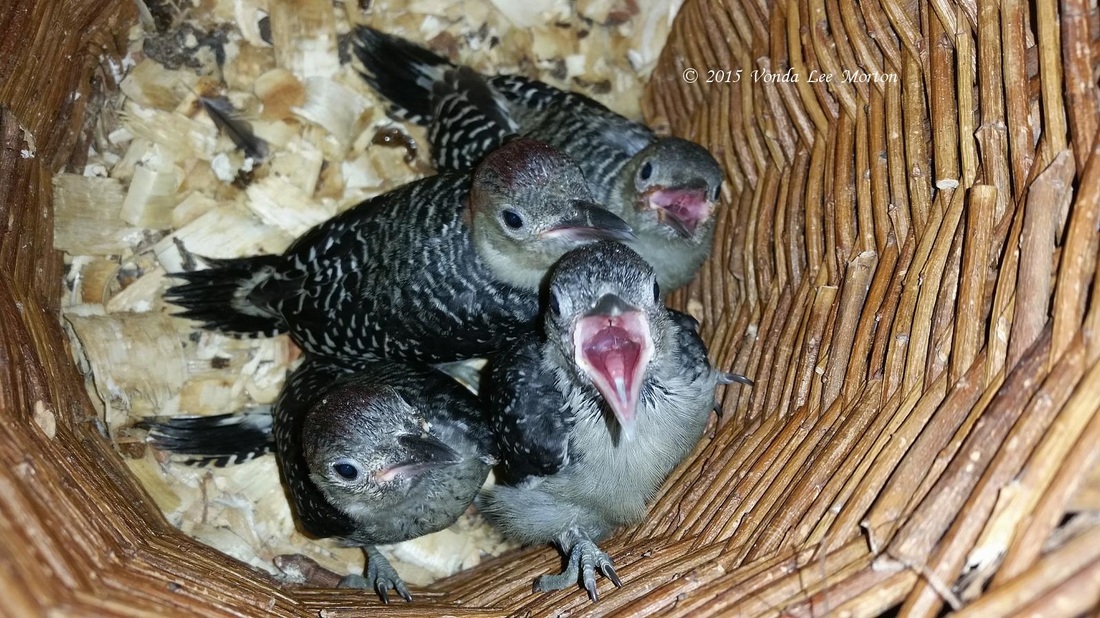
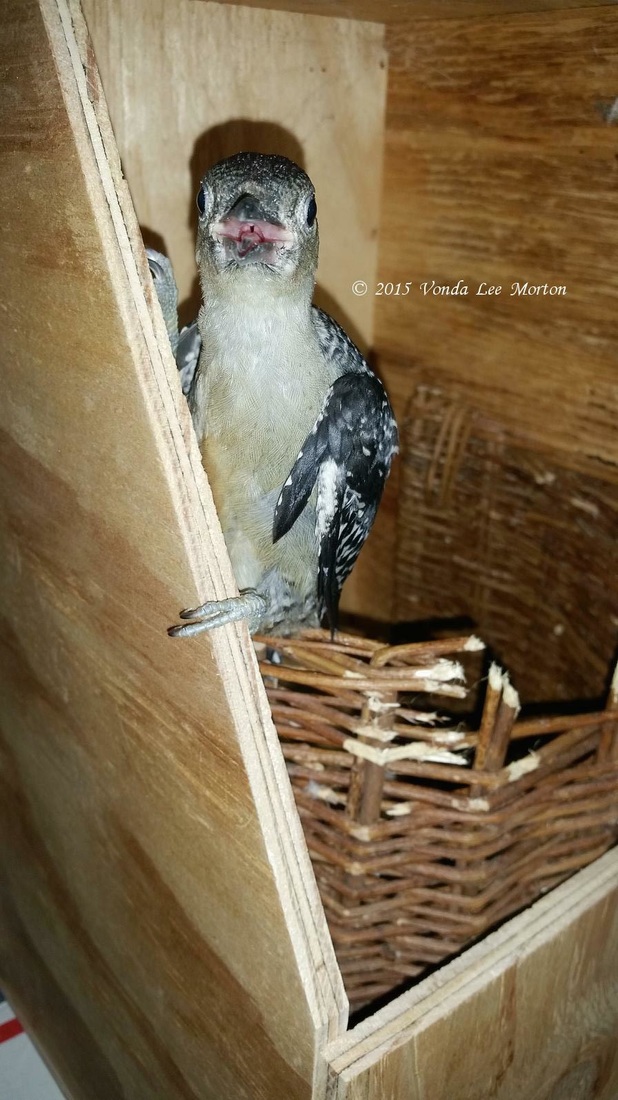
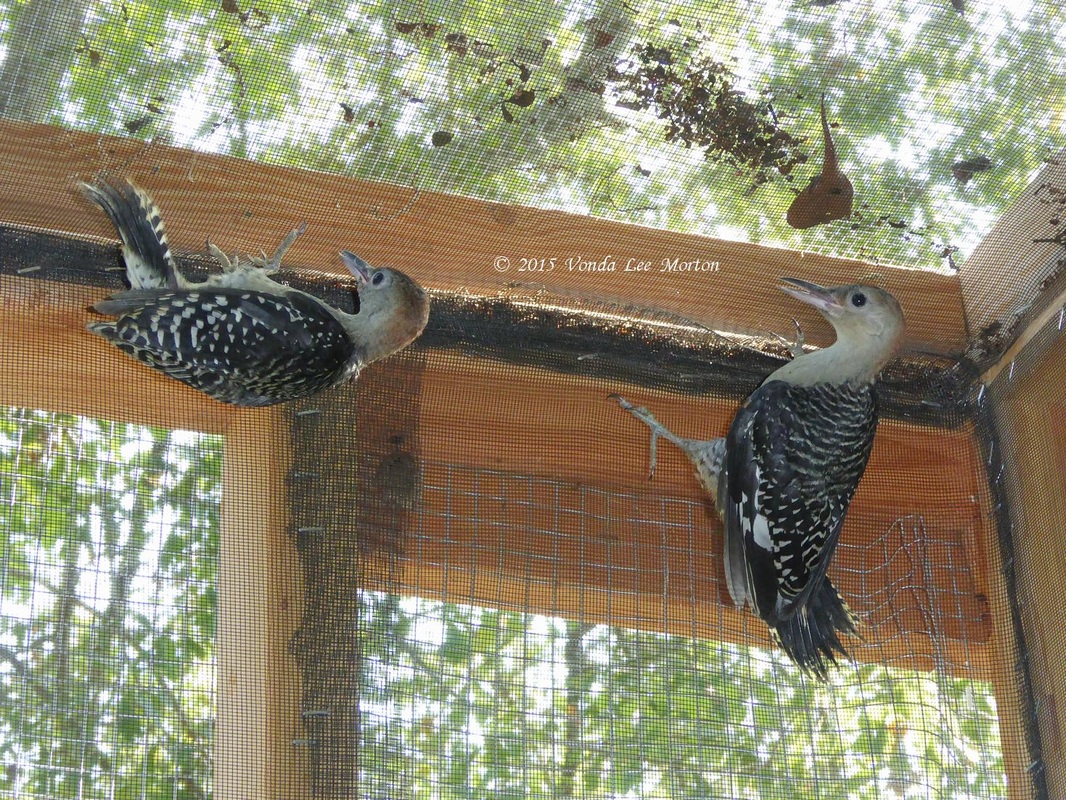
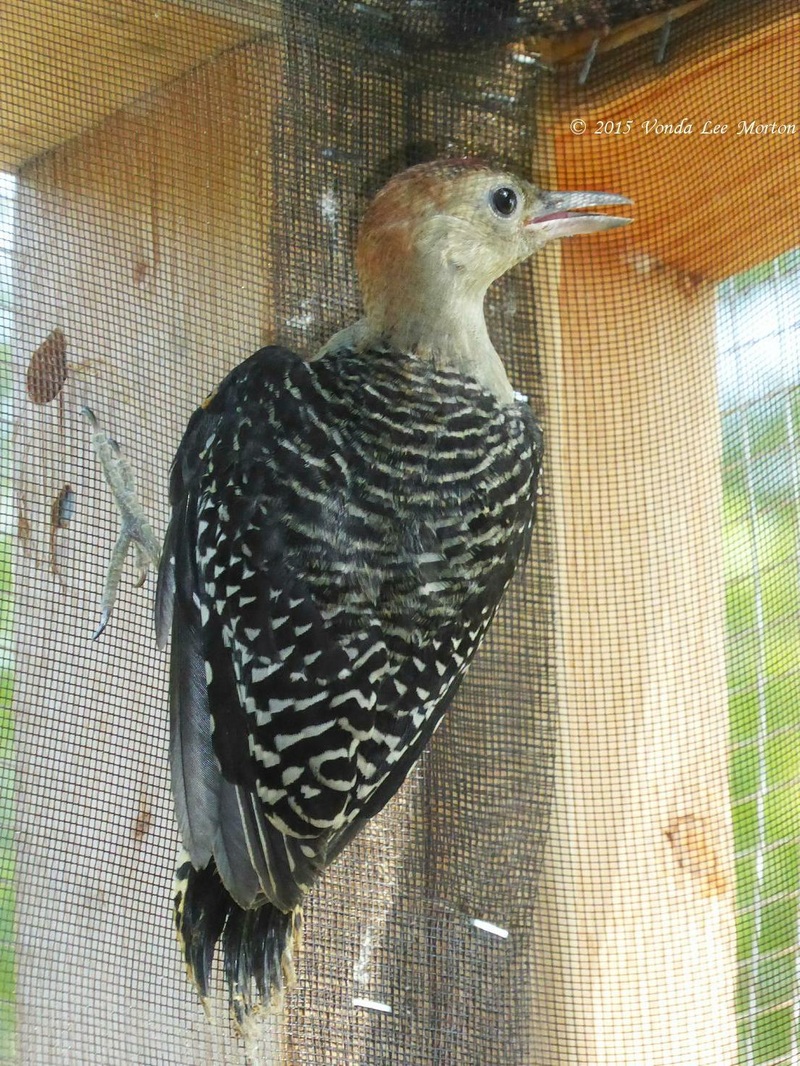
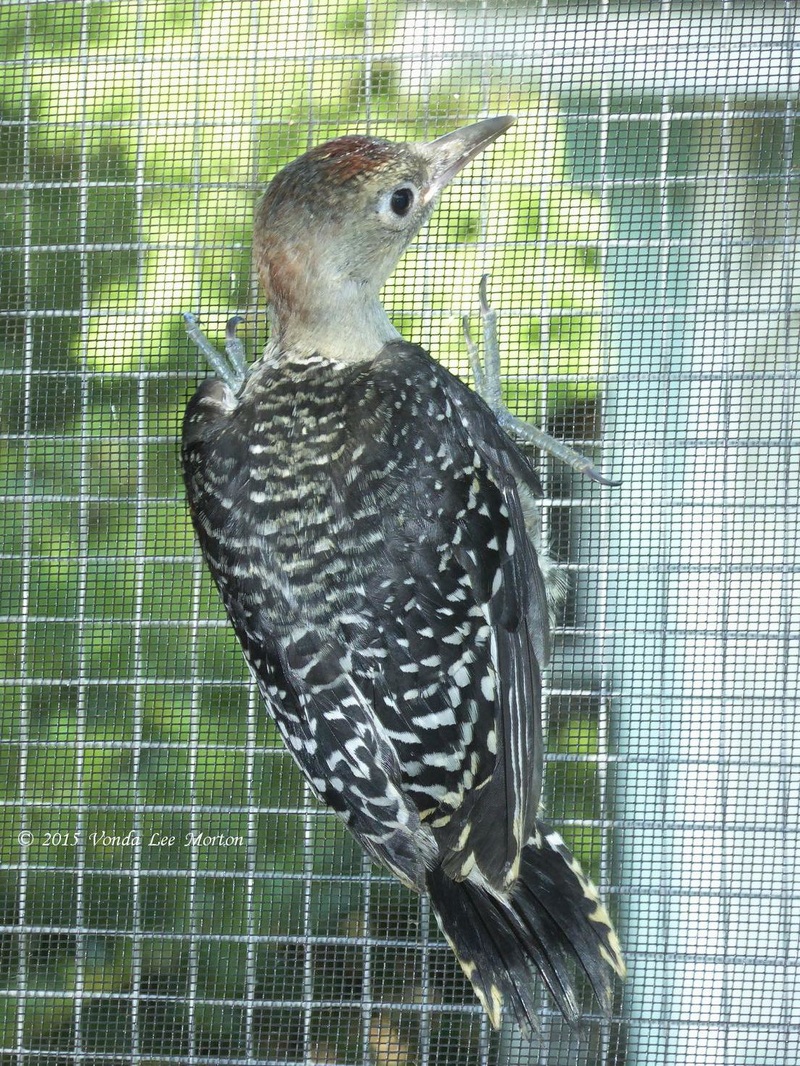
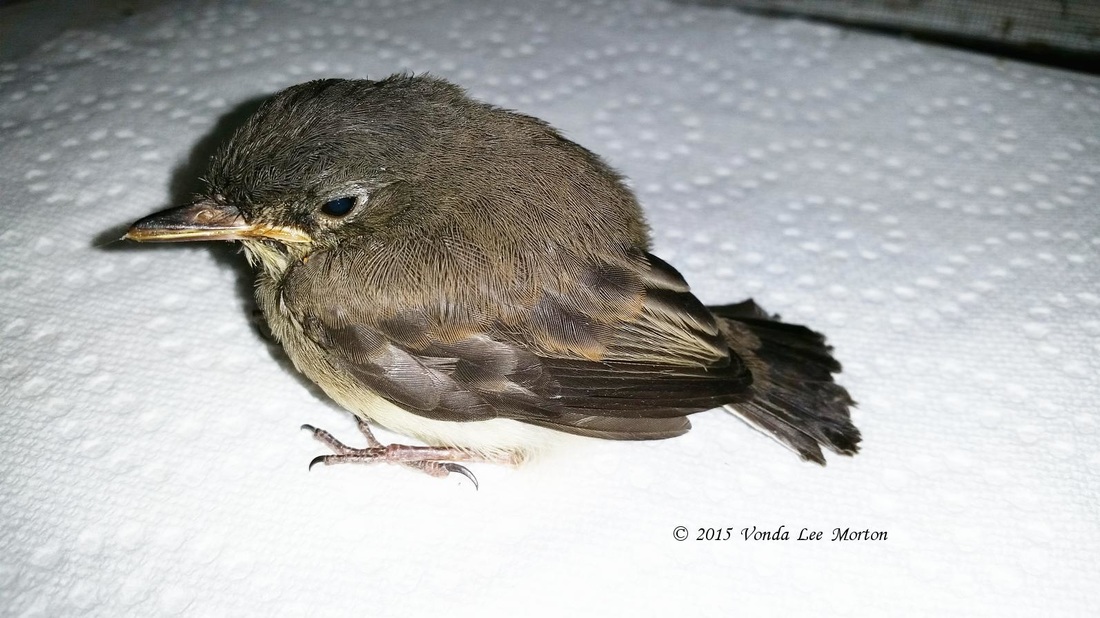
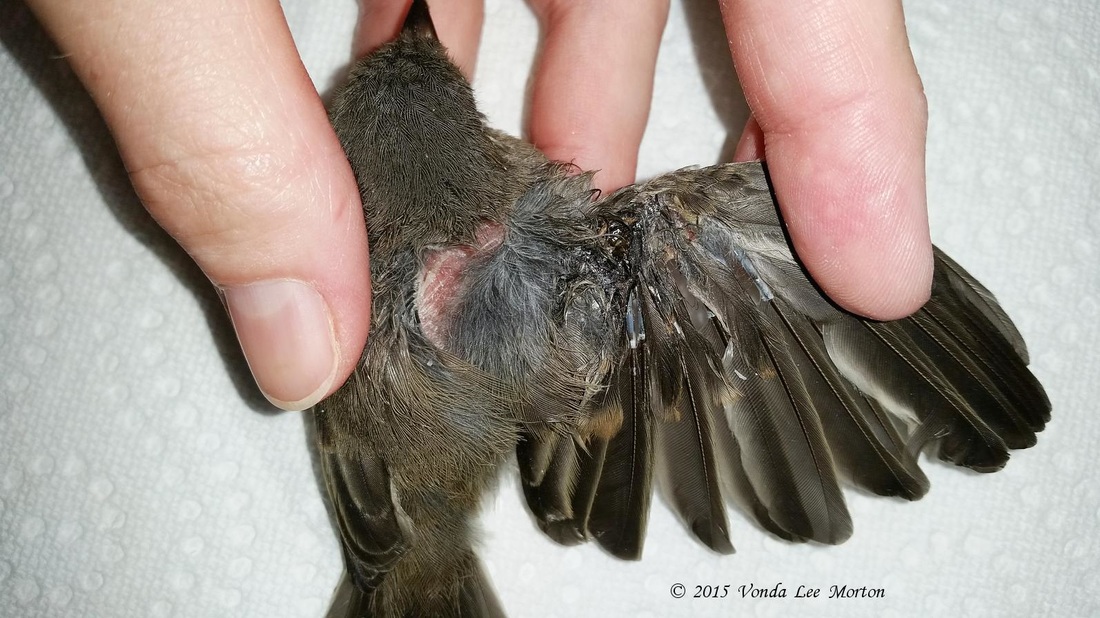
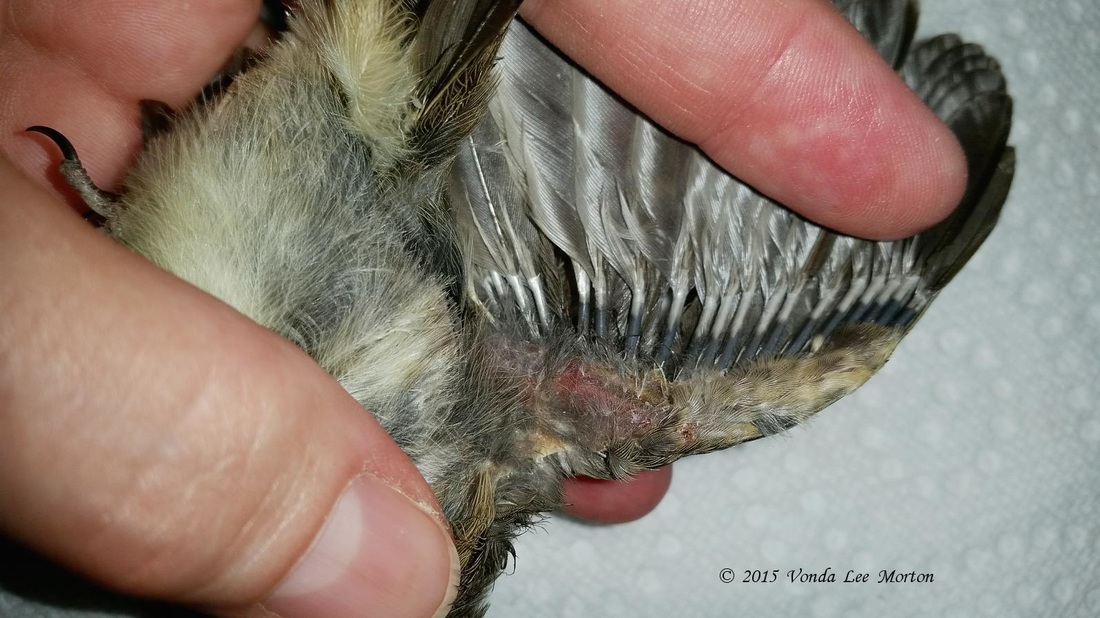
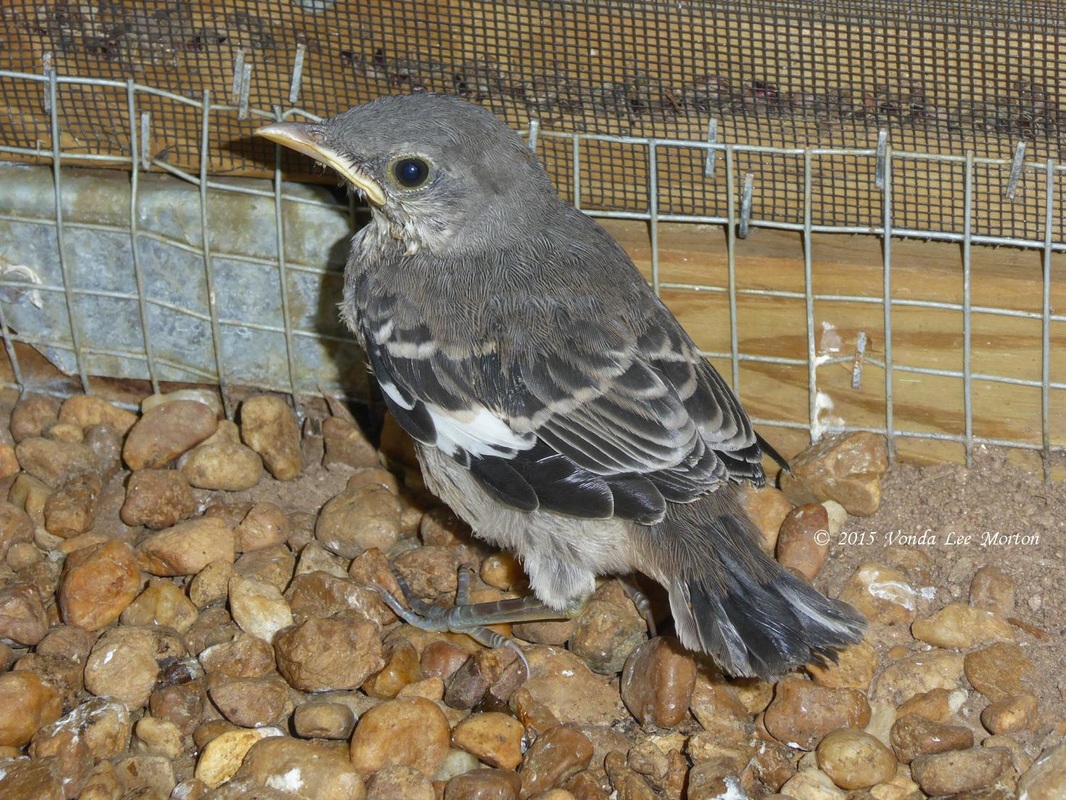
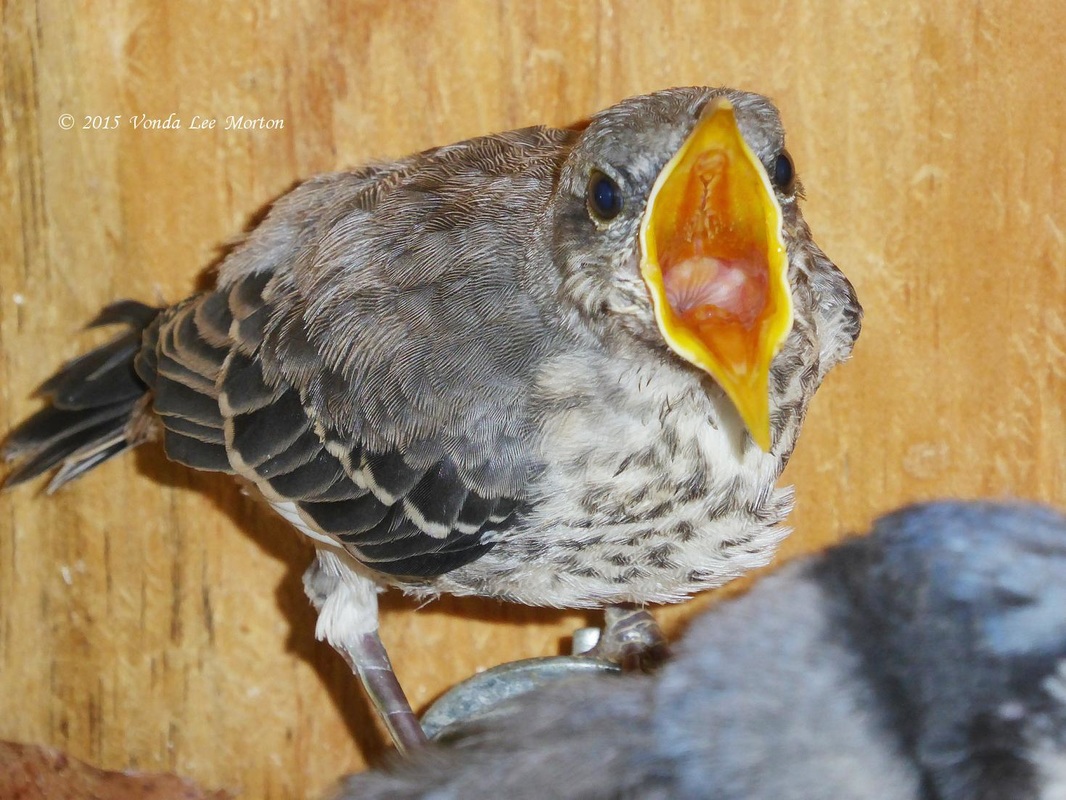
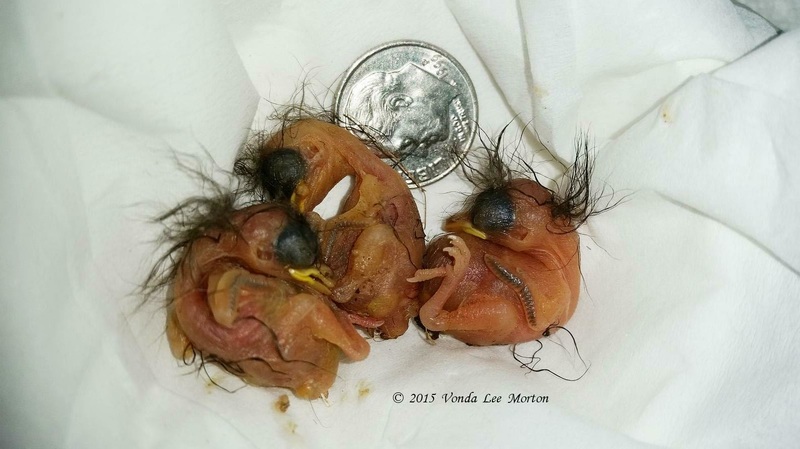
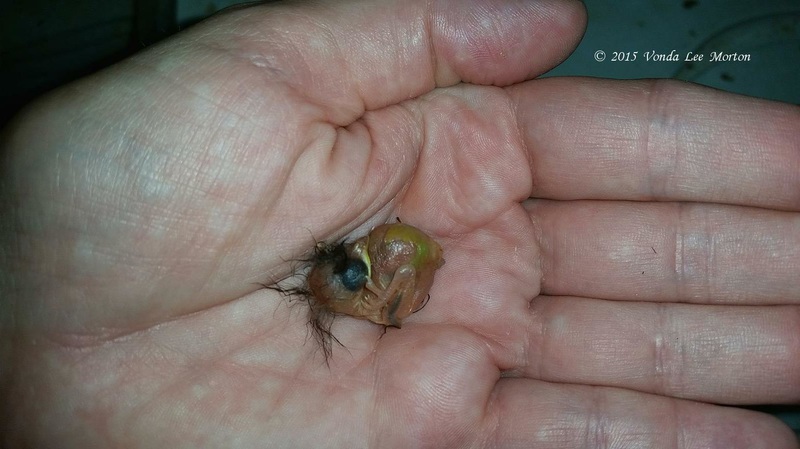
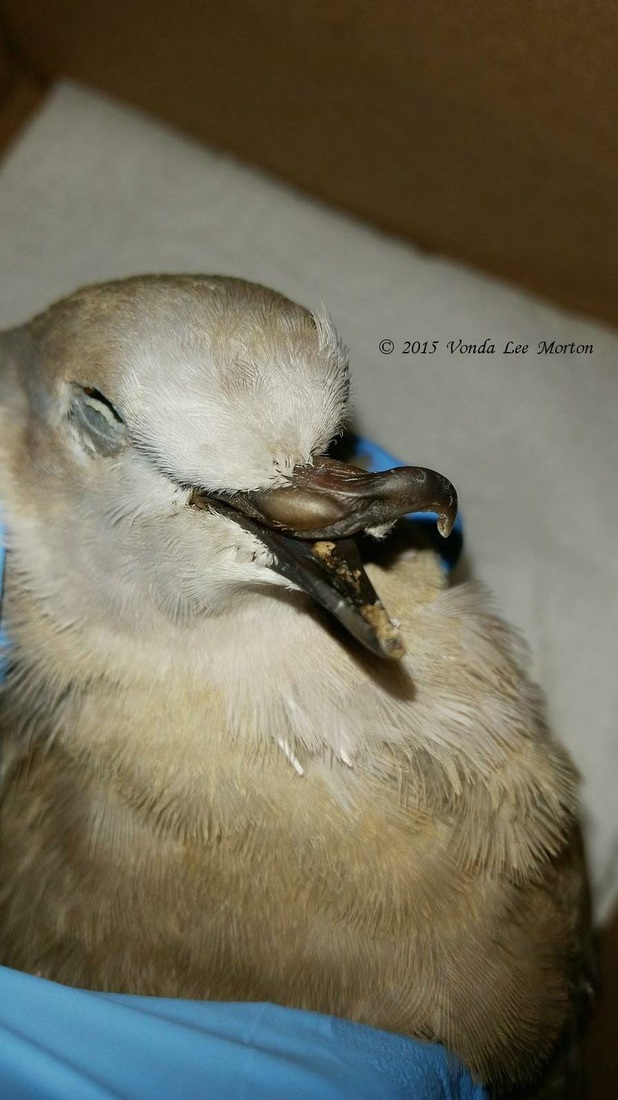
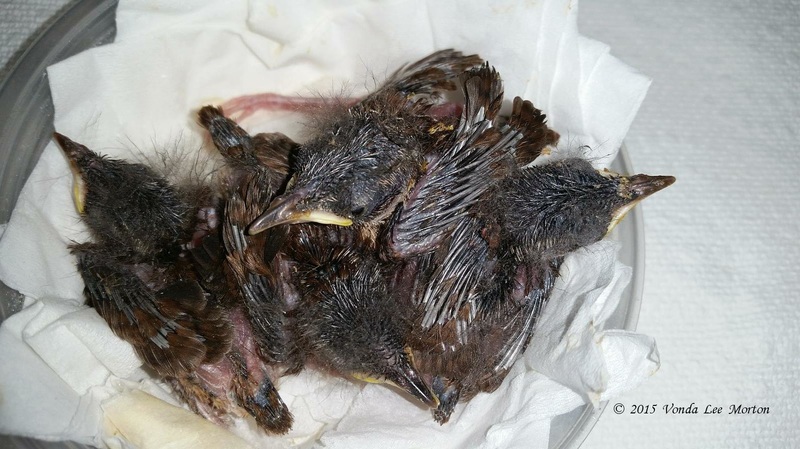
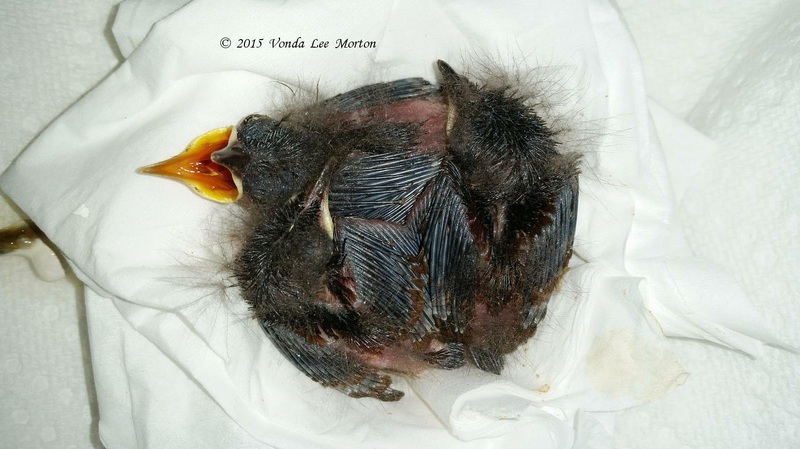
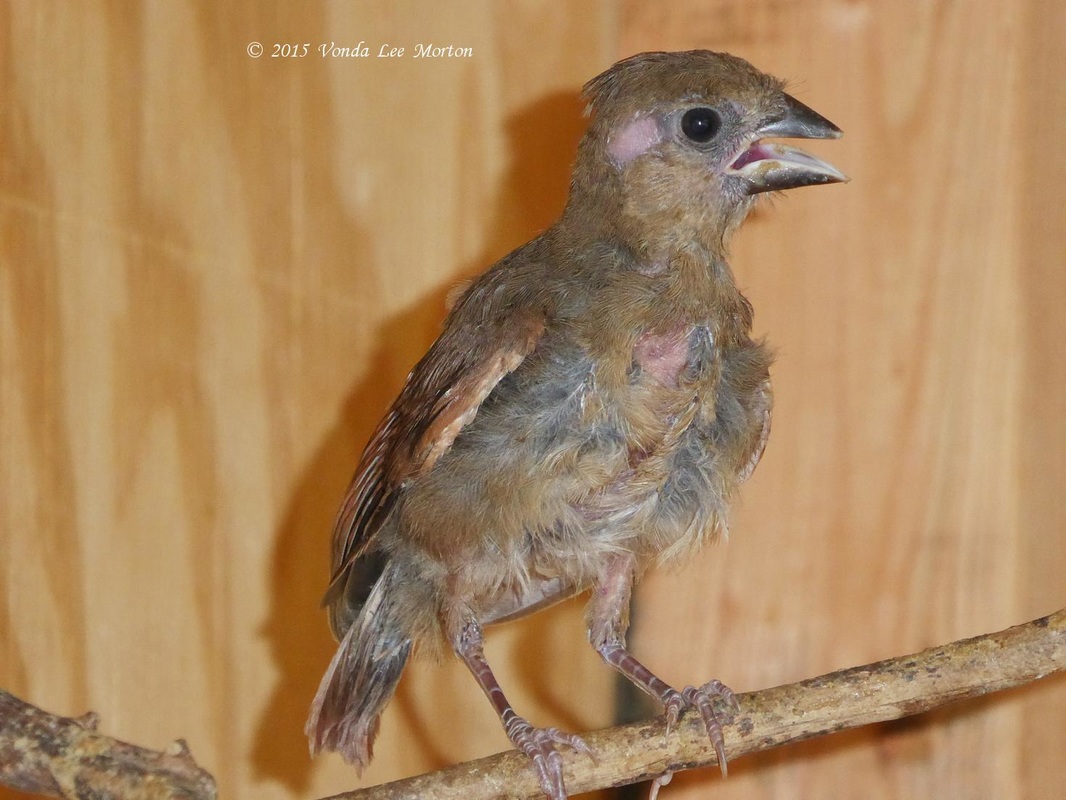
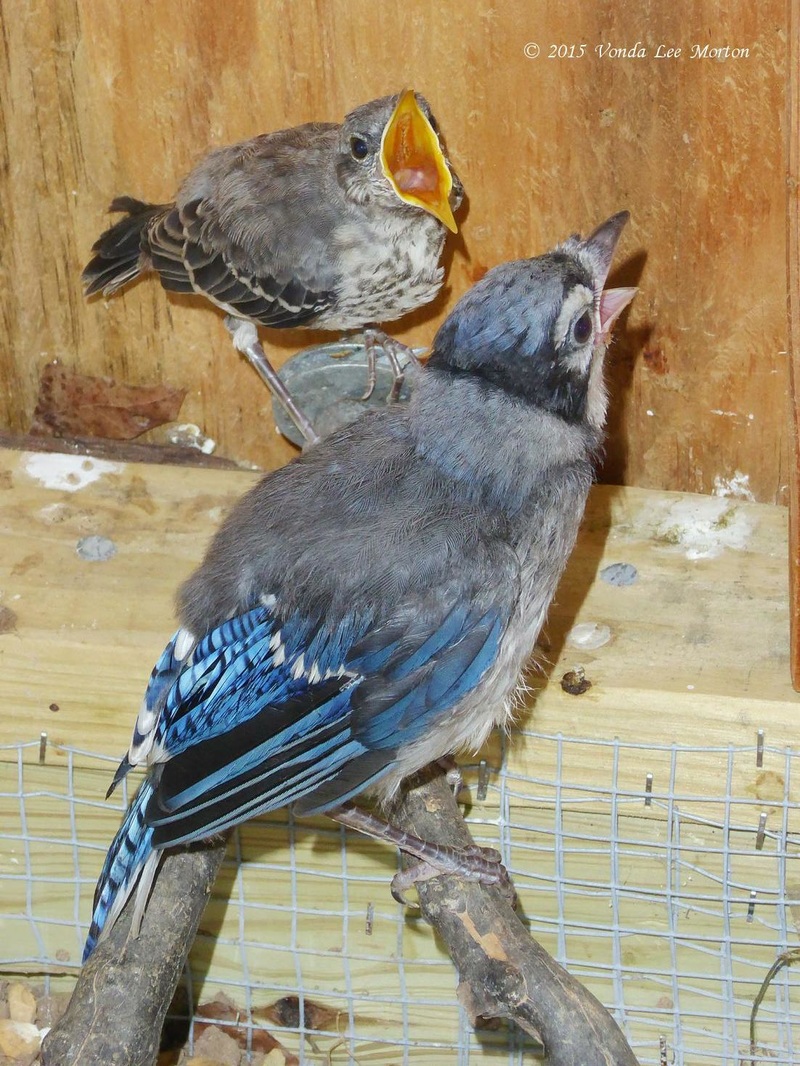
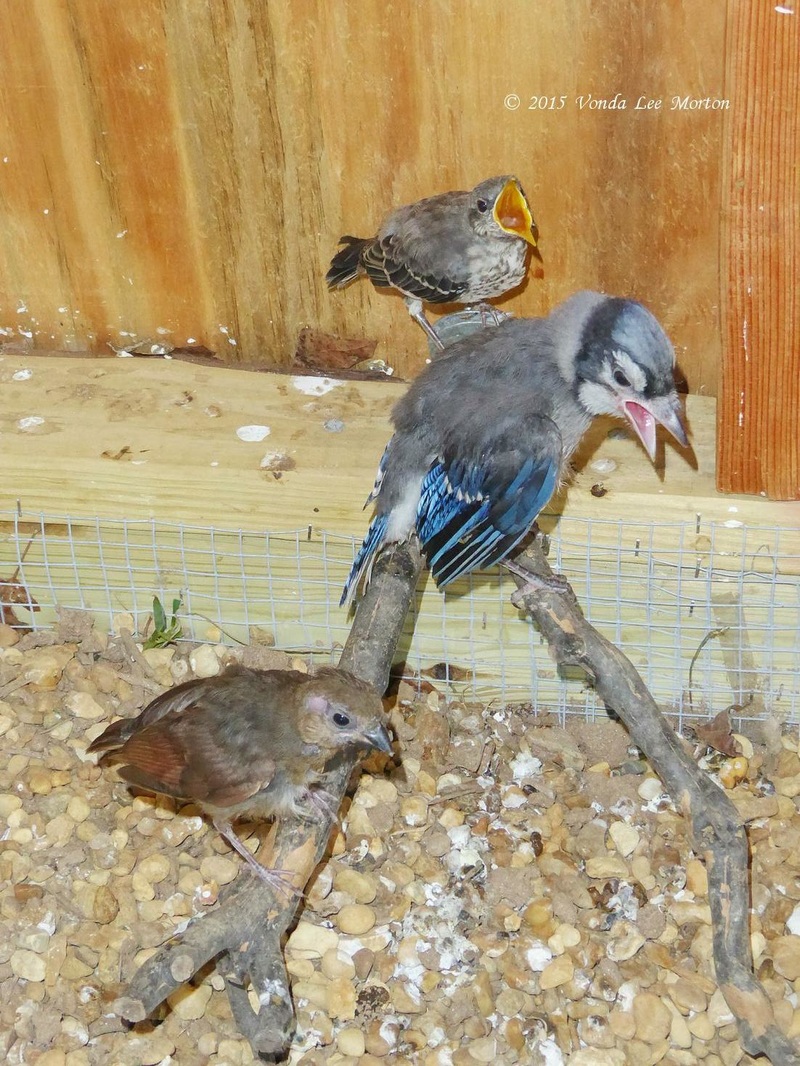
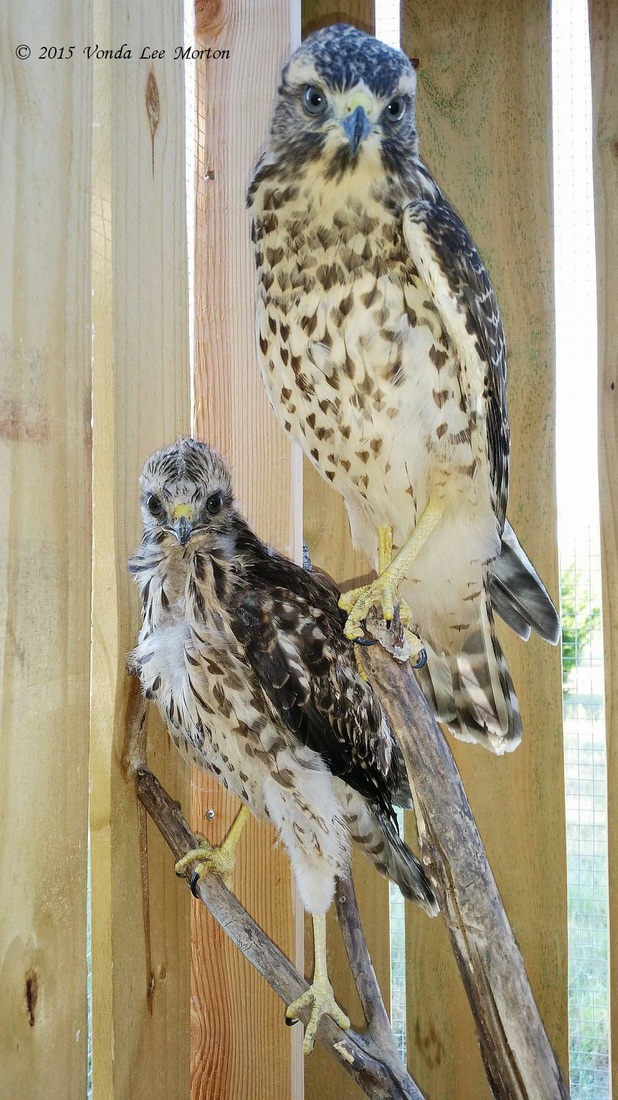
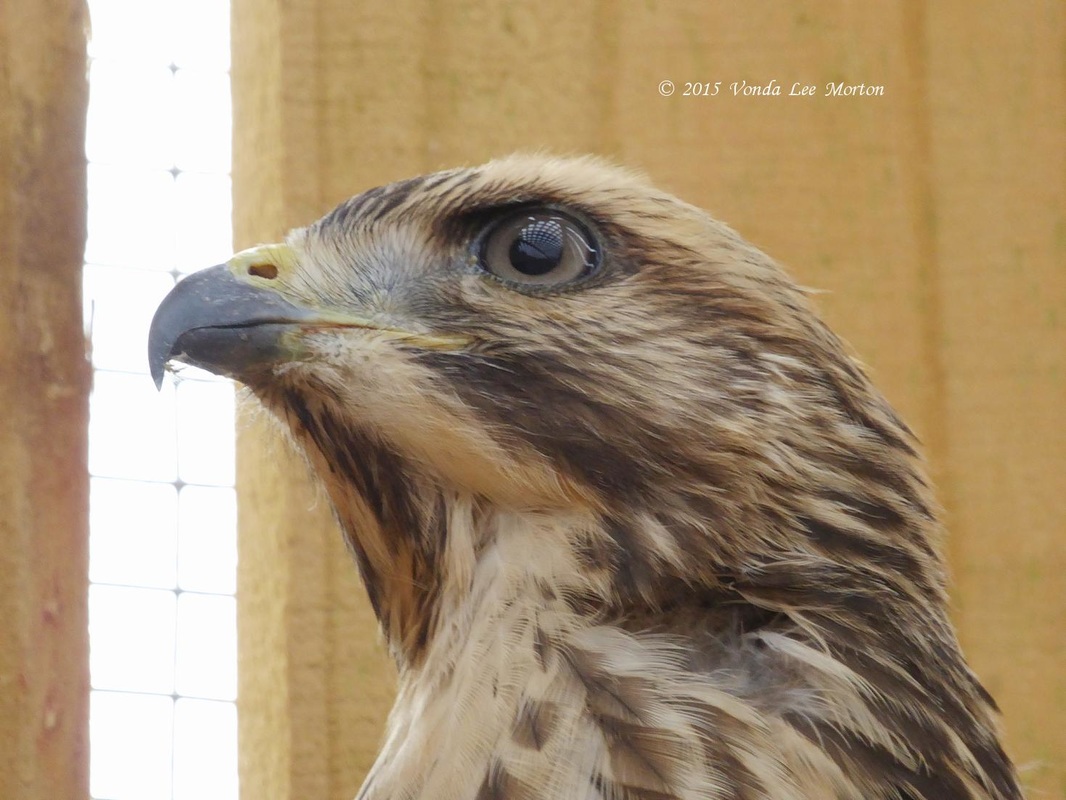
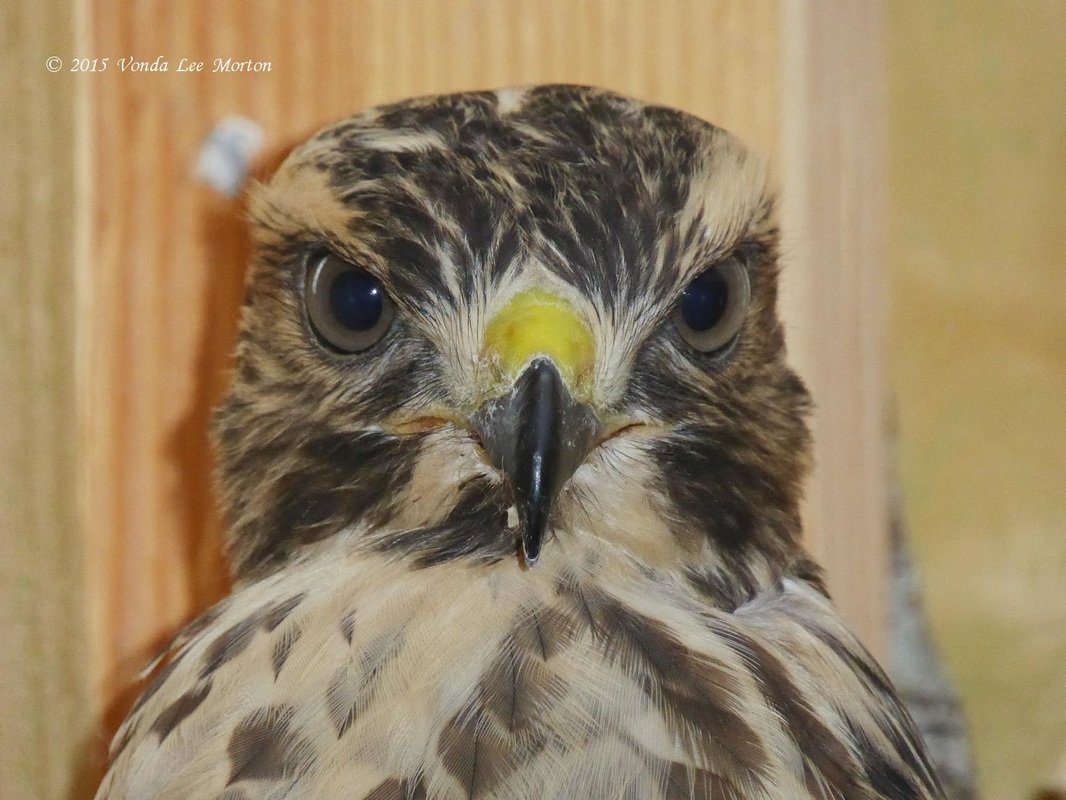
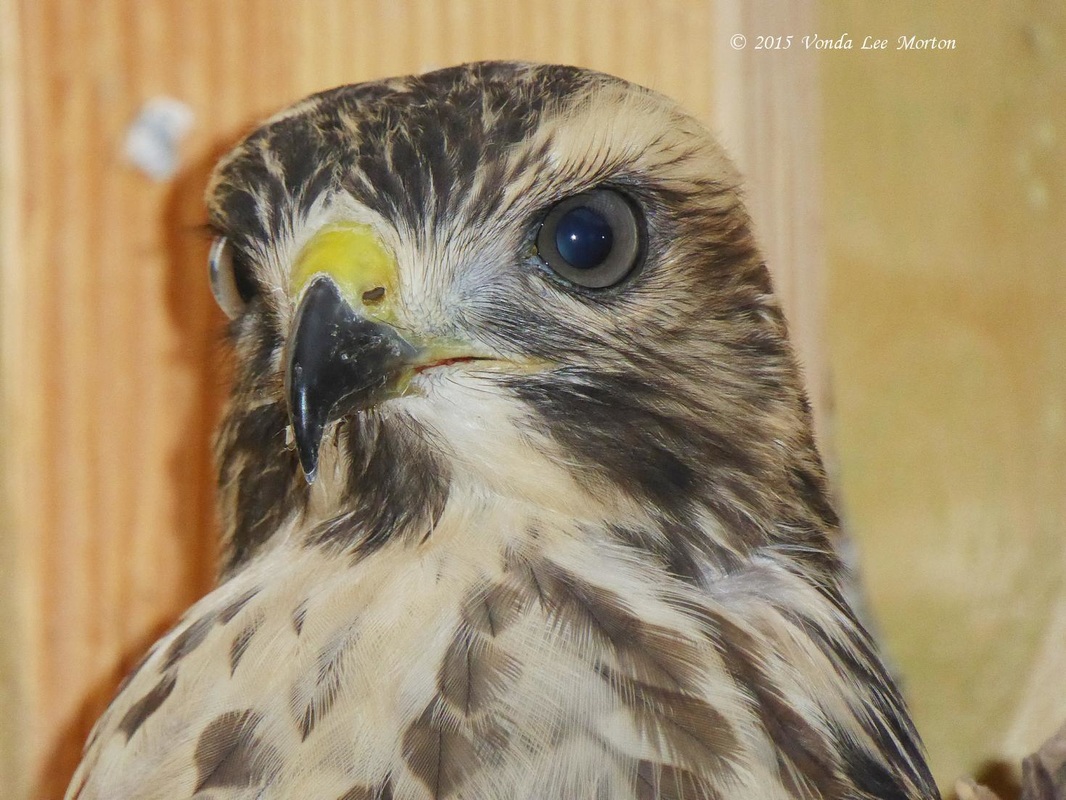
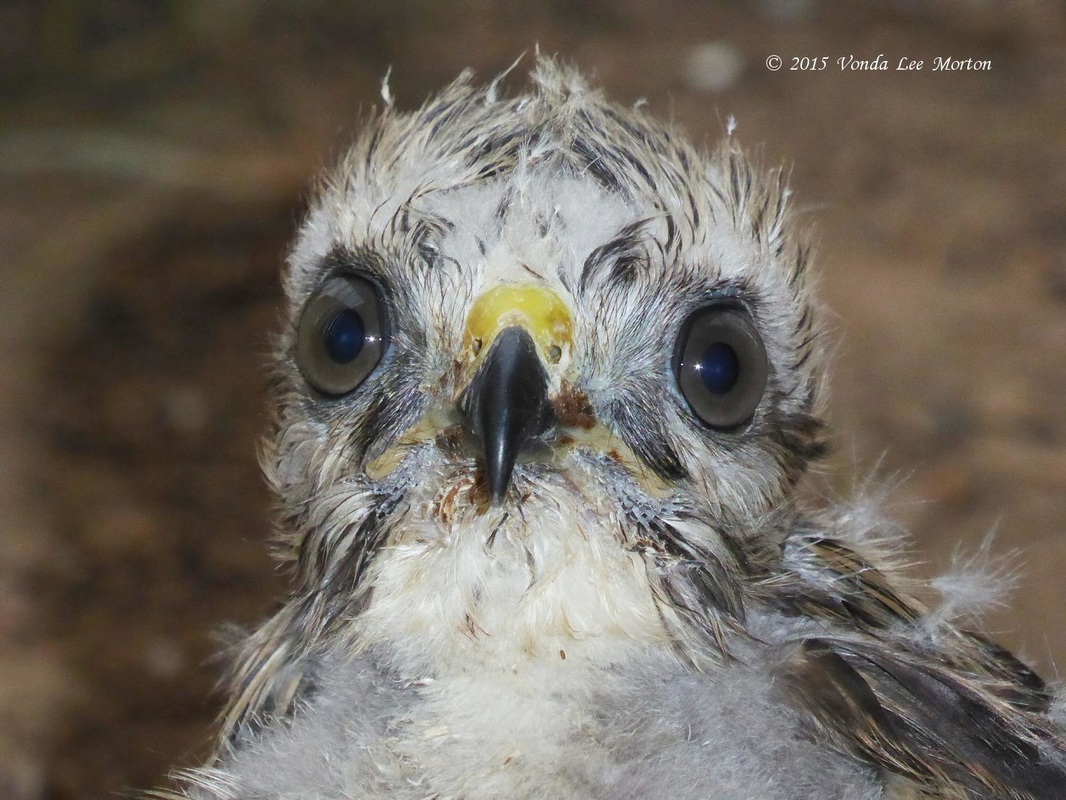
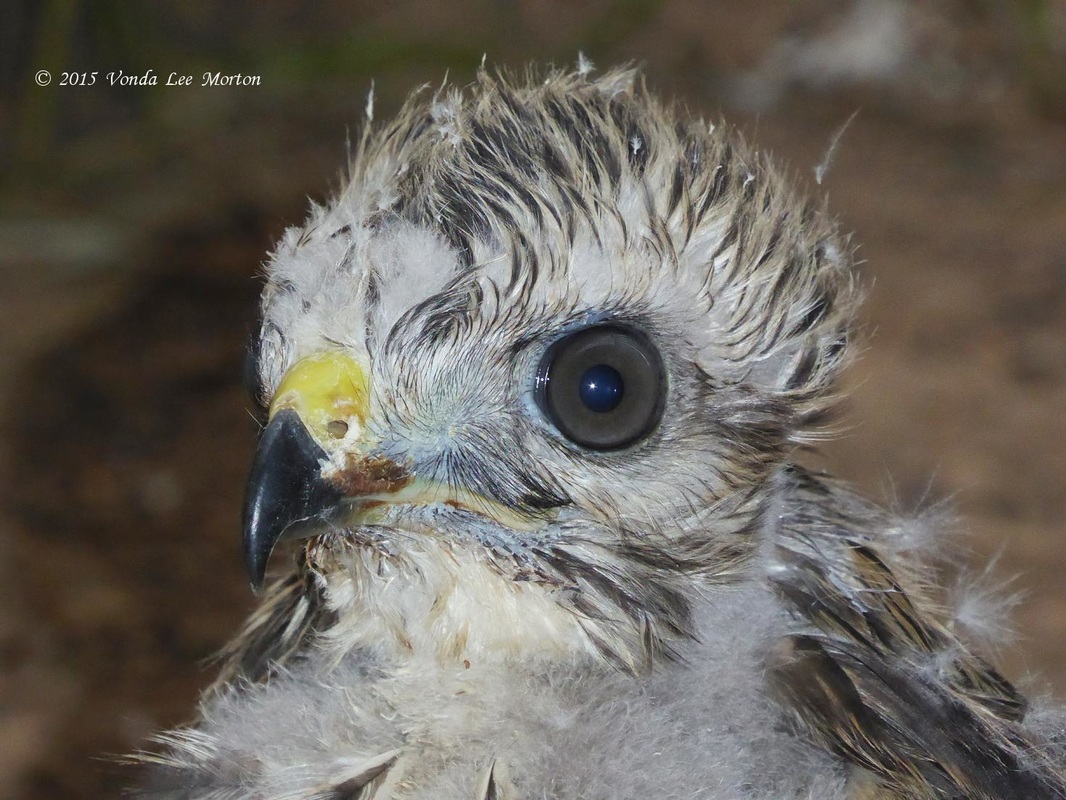
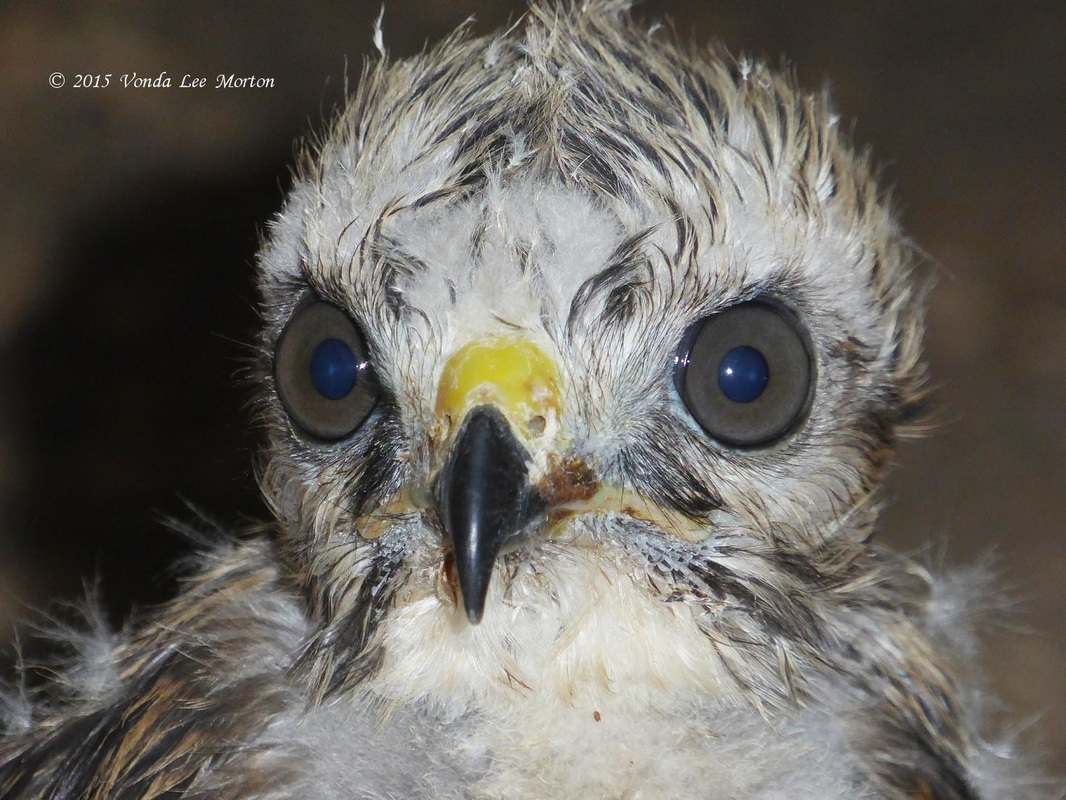
 RSS Feed
RSS Feed
